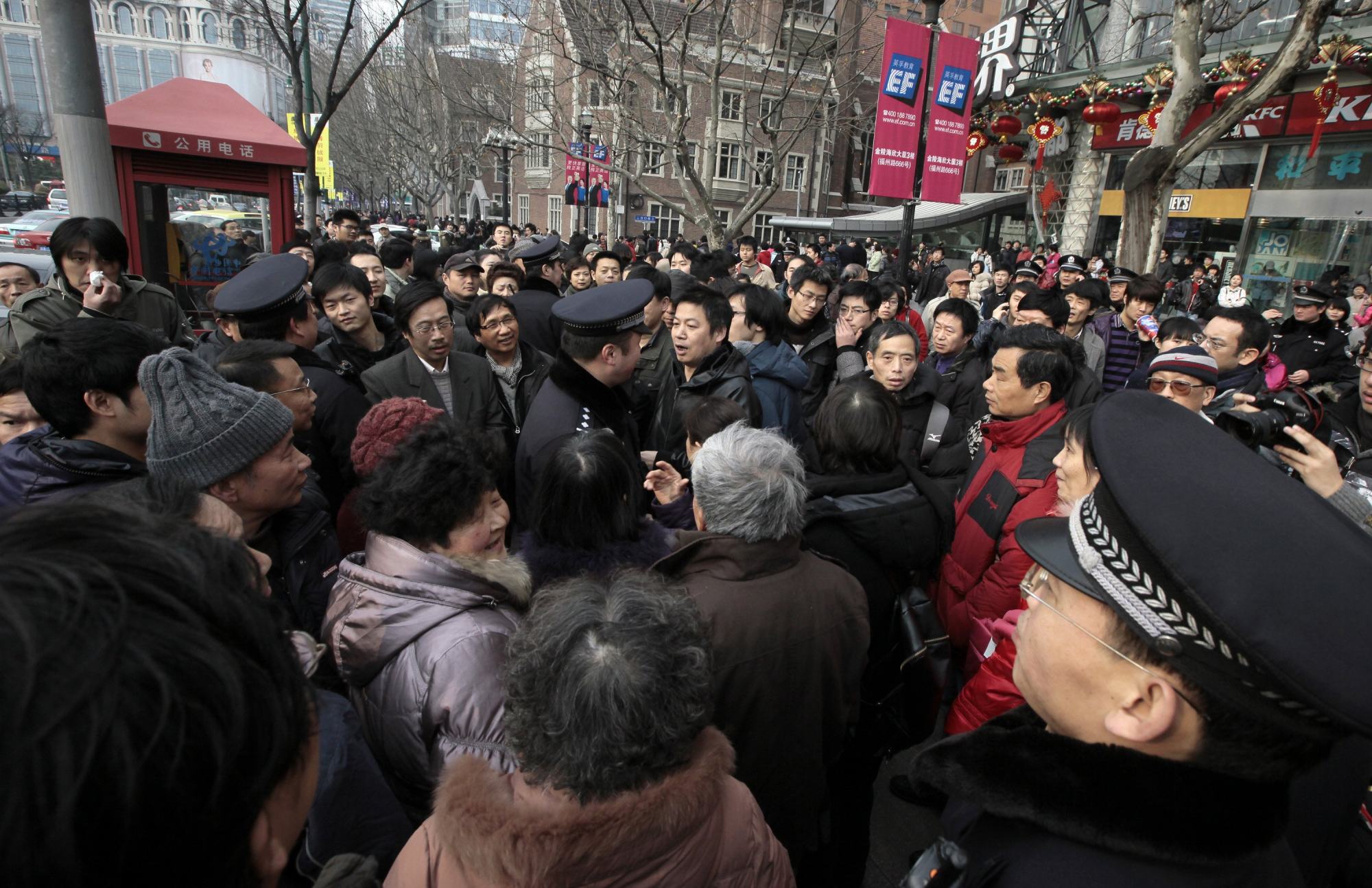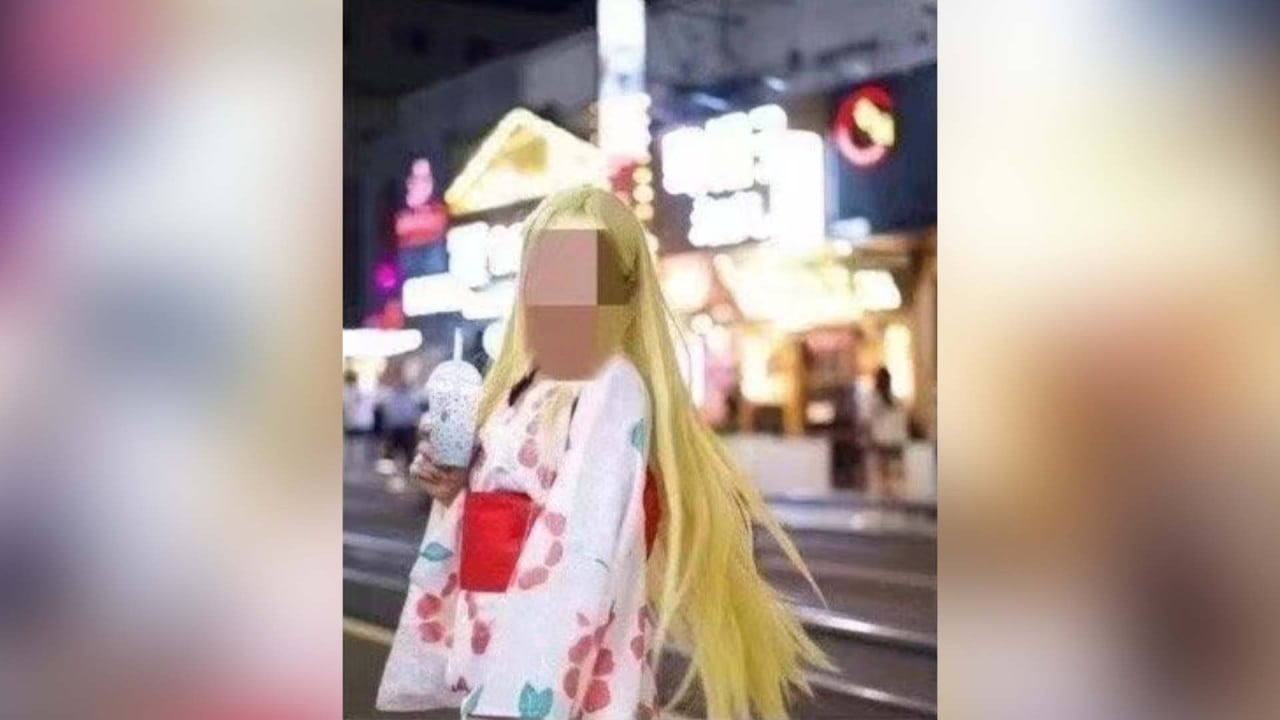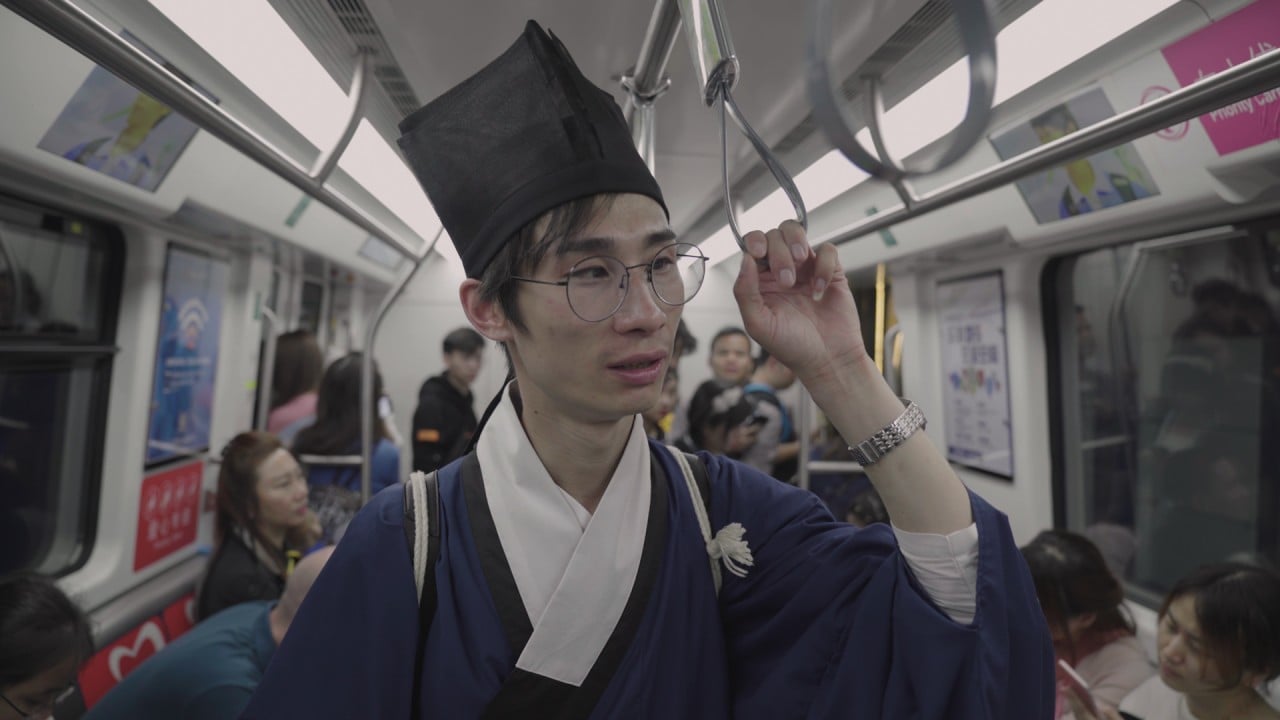
China banning clothes that hurt national feelings would be a stitch too far
- The proposed legal amendment is vaguely drafted and has raised fears that it could lead to arbitrary arrests
- As young people wearing kimonos or T-shirts with rainbows find themselves barred by security or even detained by police, concerns about personal liberties are growing
When I read about the draft legal amendment to ban clothing and symbols that are “detrimental to the spirit” of the nation or “hurt the feelings” of the Chinese people, I wasn’t sure whether to laugh or cry. Part of the five-year legislative plan released by the National People’s Congress (NPC) Standing Committee, China’s top legislative body, the proposed amendment to the Public Security Administration Punishments Law could see offenders detained for up to 15 days and fined up to 5,000 yuan (US$681).
Since President Xi Jinping took power, his government has clamped down on civil liberties. I view the proposed amendment as yet another indication of this worrying trend.
After the crackdown, while tightening political control, the authorities slowly started to grant citizens more personal freedom. People could decide what to wear, where to live and how to go about their lives. Finally, there was something like personal space.

This personal space, however, seems to be shrinking.
The Chinese authorities have always liked to behave like a parent, offering citizens all sorts of advice on matters minor and major. In 2019, they issued “morality guidelines” which directed people to be polite, travel with a lower carbon footprint and have “faith” in the Communist Party.
The debate has flared up again. If wearing a kimono went against the proposed law, one netizen wondered, what about Western-style clothing? Another responded by noting that Western-style clothing is a symbol of Western culture and can be seen as a symbol of Western invaders, so why wouldn’t wearing Western-style clothing constitute hurting national feelings?
The problem is that the draft law is vague. The proposed change does not specify the kinds of clothing that would constitute a violation.
Legal experts have been weighing in with concerns over potential overreach and abuse of power. Many ordinary citizens, who have been enjoying a certain degree of personal freedom, have expressed the same fear. Vague legal phrasing could lead to random detentions if it is left to the police to interpret which outfits are improper.
I am delighted to see the outpouring of criticism over the contentious draft amendment. Hopefully, if opposing voices are loud enough, the authorities will listen and rethink going ahead with it. Personal freedom should be respected.
Lijia Zhang is a rocket-factory worker turned social commentator, and the author of a novel, Lotus



